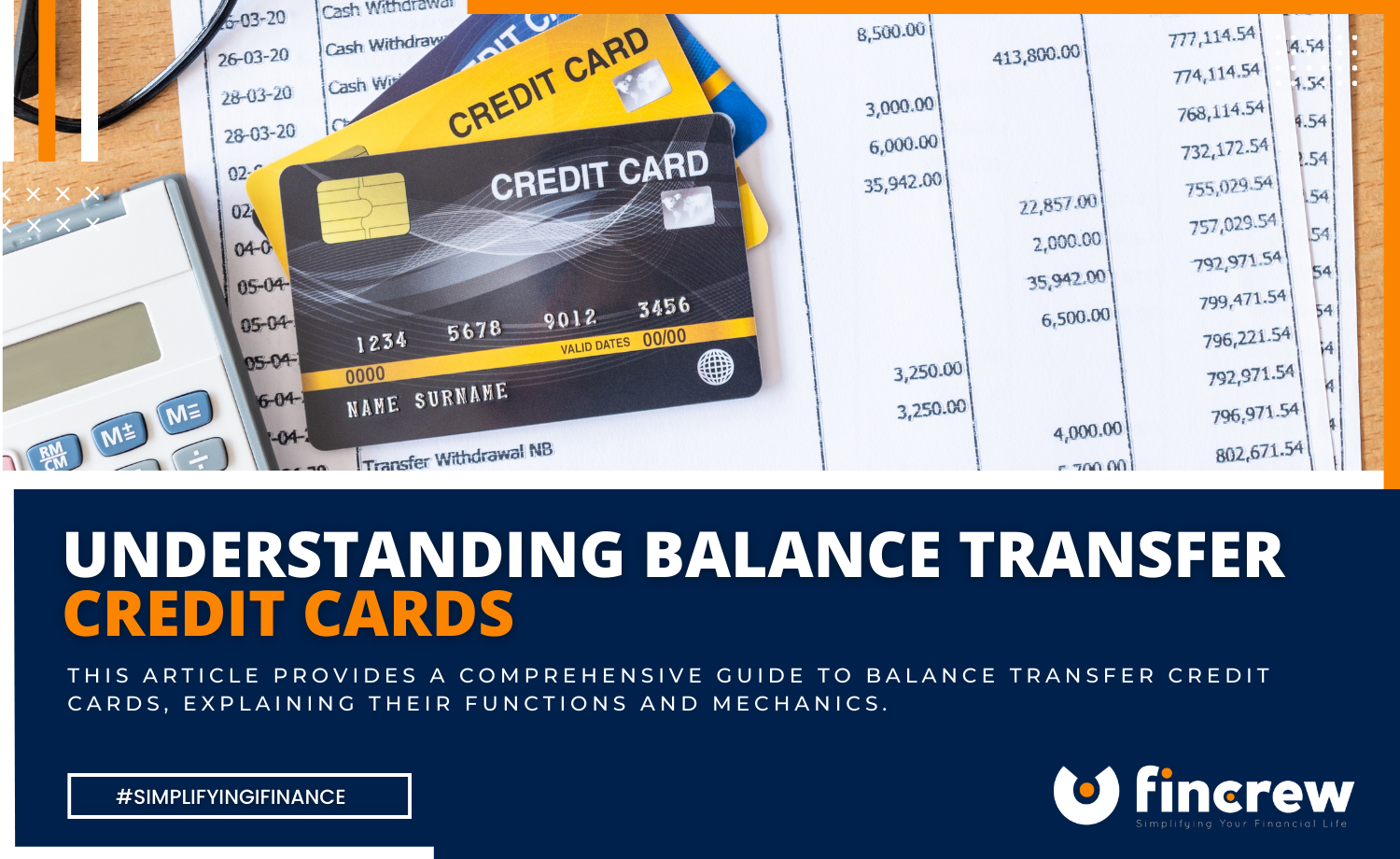
Mastering Your Money Abroad: The Ultimate Guide to Financial Freedom While Studying
Studying abroad is an incredible adventure! It’s a chance to explore new cultures, gain a global perspective, and make memories that will last a lifetime. But let’s be honest: beneath all that excitement, a little voice often whispers, "How am I going to afford all this?"
You’re not alone. Managing money while studying abroad is one of the biggest concerns for international students. The good news? With a bit of planning and smart habits, you can absolutely enjoy your experience without breaking the bank or drowning in financial stress.
This comprehensive guide will walk you through everything you need to know, from pre-departure budgeting to everyday savings tips, all designed to make your study abroad journey financially stress-free.
1. Pre-Departure Planning: Your Financial Foundation
The secret to successful money management abroad starts long before you pack your bags. Early planning is your best friend!
1.1. Research the True Cost of Living
Don’t just estimate – investigate! The cost of living varies dramatically from one city or country to another.
- Tuition Fees: This is often the largest chunk. Confirm the exact amount with your university.
- Accommodation: Will you be in a dorm, shared apartment, or homestay? Research average rental costs in your target city. Factor in utilities (electricity, water, internet) if not included.
- Food: How much do groceries cost? What about eating out occasionally? Look up prices at local supermarkets.
- Transportation: Will you walk, bike, or use public transport? Research monthly passes or typical ride costs.
- Visa & Insurance: Don’t forget these essential, often mandatory, costs.
- Books & Supplies: What will your academic materials set you back?
- Personal Expenses: This includes toiletries, phone plans, haircuts, and other daily necessities.
- Leisure & Travel: While you’re there, you’ll want to explore! Budget for weekend trips, sightseeing, and social activities.
Pro Tip: Look for "cost of living calculator [city name]" online or check out Numbeo.com for crowdsourced price data. Talk to current students or alumni from your program – they often have the best insights!
1.2. Create a Realistic Budget
Once you have your cost estimates, it’s time to build your budget. This isn’t about restricting yourself; it’s about empowering you to make informed choices.
- Income: How much money will you have?
- Savings
- Scholarships/Grants
- Student Loans
- Parental Contributions
- Part-time job income (if applicable and allowed by your visa)
- Expenses: Categorize everything you researched above.
- Fixed Expenses (rent, tuition, insurance, phone bill)
- Variable Expenses (food, transport, entertainment, shopping)
Budgeting Template Idea:
| Category | Estimated Monthly Cost | Actual Monthly Cost | Notes |
|---|---|---|---|
| Rent & Utilities | $X | $Y | |
| Groceries | $X | $Y | |
| Transport | $X | $Y | |
| Phone/Internet | $X | $Y | |
| Books/Supplies | $X | $Y | |
| Personal Care | $X | $Y | |
| Eating Out/Social | $X | $Y | |
| Travel/Leisure | $X | $Y | |
| Total | $X | $Y |
1.3. Explore Funding Opportunities
Don’t leave money on the table!
- Scholarships & Grants: Many universities, governments, and private organizations offer scholarships specifically for study abroad students. Start searching early!
- Student Loans: If necessary, understand the terms, interest rates, and repayment plans.
- Crowdfunding: Some students use platforms like GoFundMe to raise funds from friends and family.
- Savings: The more you can save before you go, the less you’ll have to worry about.
1.4. Banking & Currency Exchange Strategy
This is critical for avoiding hidden fees and accessing your money easily.
- Notify Your Bank: Before you leave, tell your home bank about your travel plans. Otherwise, they might freeze your card for suspicious activity!
- Debit vs. Credit Cards:
- Debit Cards: Good for cash withdrawals from ATMs. Look for cards with low or no international ATM fees.
- Credit Cards: Great for larger purchases and emergencies. Choose one with no foreign transaction fees. Look for travel rewards!
- Travel Money Cards: These are pre-loaded cards that allow you to lock in exchange rates. They can be a good option for a portion of your funds.
- Consider a Local Bank Account: For longer stays (6+ months), opening a local bank account can be beneficial for:
- Receiving local payments (e.g., from a part-time job).
- Paying local bills more easily.
- Avoiding international transfer fees for recurring expenses.
- Check local requirements: You’ll often need your passport, visa, and proof of address.
- Currency Exchange:
- Avoid exchanging large sums at the airport – rates are usually terrible.
- Use ATMs (from reputable banks) for cash withdrawals. They often offer better rates than currency exchange bureaus.
- Understand the mid-market rate (the real exchange rate) and compare it to what you’re offered.
1.5. Build an Emergency Fund
Life happens! Unexpected costs can pop up: a medical emergency, a lost passport, an unexpected trip home, or even just a higher-than-expected utility bill. Aim to have at least 1-2 months’ worth of essential living expenses saved as an emergency fund, kept in an easily accessible but separate account.
2. Upon Arrival: Setting Up for Success
You’ve landed! Now it’s time to get your financial ducks in a row in your new home.
2.1. Open a Local Bank Account (If Applicable)
As mentioned, this can save you money and hassle. Visit local banks and compare their student-friendly options, fees, and services. Look for:
- Low or no monthly maintenance fees.
- Easy online banking and mobile app.
- Free ATM withdrawals.
- English-speaking customer service (if needed).
2.2. Understand the Local Currency
It sounds obvious, but truly familiarizing yourself with the local currency (coins and notes) helps prevent overspending and confusion. Do some quick mental math conversions for common items (a coffee, a bus ticket) to get a feel for their true cost in your home currency.
2.3. Get a Local SIM Card
International roaming fees are a budget killer. Get a local SIM card with a prepaid plan or a student-friendly monthly contract. This is crucial for communication, navigation, and accessing online banking.
3. Everyday Money Management Abroad
This is where your smart habits really shine!
3.1. Track Every Expense
This is non-negotiable. Knowing exactly where your money is going is the first step to controlling it.
- Budgeting Apps: Apps like Mint, YNAB (You Need A Budget), Spendee, or even just your bank’s app can help categorize and track spending automatically.
- Spreadsheet: A simple Google Sheet or Excel file can work wonders.
- Notebook: Old school, but effective! Write down every purchase.
Review your spending regularly (weekly or bi-weekly) to see if you’re sticking to your budget. Adjust as needed.
3.2. Smart Spending Habits
Small changes add up to big savings.
- Food:
- Cook at Home: Eating out is expensive. Learn to cook simple, cheap meals. Look for student-friendly recipes.
- Grocery Shop Smart: Buy generic brands, look for sales, and plan your meals to avoid food waste. Go to local markets for fresh, often cheaper, produce.
- Pack Lunches & Snacks: Avoid buying expensive meals and coffees on campus or during outings.
- Tap Water: If safe, carry a reusable water bottle.
- Transportation:
- Walk or Bike: Great for your health and your wallet.
- Public Transport: Invest in a monthly pass if you’ll use it regularly.
- Student Discounts: Always ask if there’s a student discount for buses, trains, or even ride-sharing services.
- Entertainment & Socializing:
- Free Activities: Explore parks, free museums, public libraries, and walking tours.
- Student Events: Your university will likely host many free or low-cost events.
- Potlucks & Home Gatherings: Instead of always going out, host dinners with friends.
- Look for Deals: Many cities have discount websites for local attractions or events.
3.3. Leverage Student Discounts
Your student ID is a powerful money-saving tool! Always ask if student discounts are available for:
- Museums, galleries, and historical sites
- Public transport
- Movie theaters, concerts, and events
- Restaurants and cafes
- Shops (especially bookstores and tech stores)
- Gyms and fitness centers
Look into international student ID cards (like ISIC) before you go, as they offer discounts worldwide.
3.4. Consider Part-Time Work (If Allowed)
Check your visa regulations carefully. Many student visas have restrictions on how many hours you can work or if you can work at all. If permitted, a part-time job can significantly boost your income and help you cover daily expenses. Look for jobs on campus or in local businesses that cater to students.
3.5. Dealing with Unexpected Costs
This is where your emergency fund comes in. If an unexpected expense arises:
- Assess: Is it truly urgent?
- Prioritize: What needs to be paid immediately?
- Use Emergency Fund: If necessary, dip into it.
- Replenish: Make a plan to rebuild your emergency fund once the crisis passes.
- Seek Help: If you’re truly struggling, talk to your university’s international student office or financial aid department. They may have resources or advice.
4. Common Money Mistakes to Avoid
Forewarned is forearmed!
- Not Budgeting: This is the biggest pitfall. Without a budget, you’re flying blind.
- Ignoring Exchange Rates: Just because something looks cheap in local currency doesn’t mean it is. Always do the quick conversion.
- Overspending on Socializing: It’s easy to get caught up in group activities that involve expensive meals or nights out. Suggest cheaper alternatives or take turns hosting.
- Forgetting to Notify Your Bank: This can lead to frozen cards and a lot of stress.
- Carrying Too Much Cash: While some cash is good, large sums are risky.
- Not Having an Emergency Fund: This leaves you vulnerable to unforeseen circumstances.
- Impulse Buys: Think before you buy. Do you really need it, or is it just appealing in the moment?
Conclusion: Enjoy Your Adventure, Smartly!
Managing money while studying abroad might seem daunting at first, but by taking a proactive approach, creating a solid budget, and adopting smart spending habits, you’ll gain confidence and control over your finances. This isn’t just about saving money; it’s about developing valuable life skills that will serve you long after your study abroad experience ends.
Your time abroad is precious. Don’t let financial worries overshadow the incredible opportunities awaiting you. Plan wisely, spend smartly, and embrace every moment of your unforgettable journey!




Post Comment